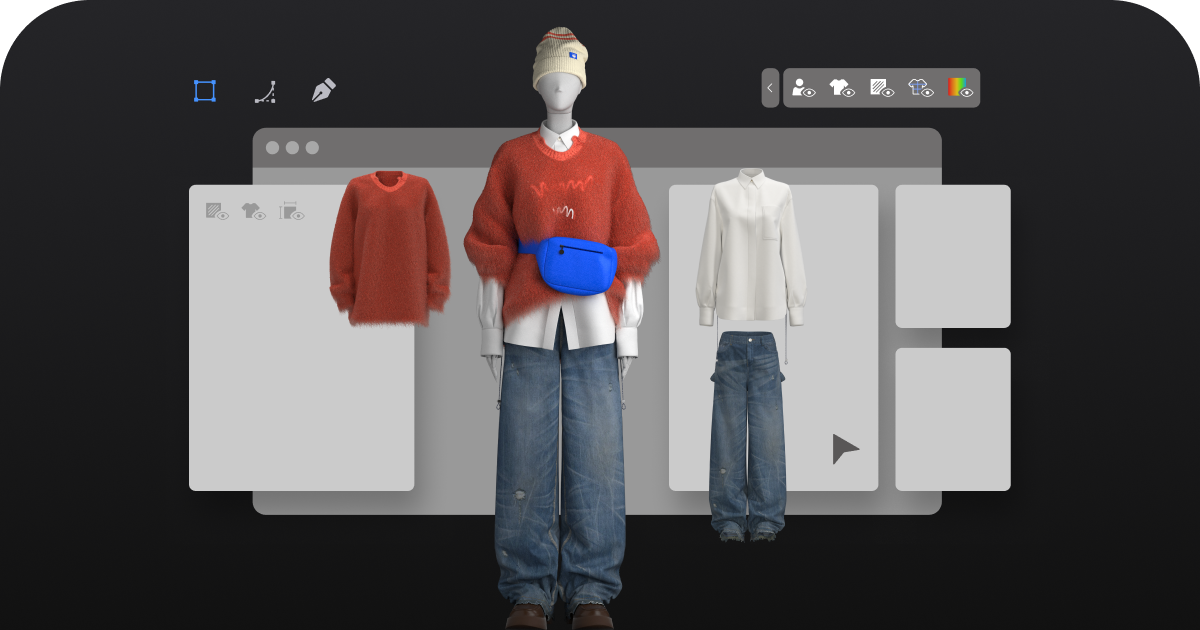
# Fashion Design Software for Creative Professionals
## The Evolution of Fashion Design Tools
Fashion design software has revolutionized the way creative professionals bring their visions to life. Gone are the days when designers relied solely on paper sketches and physical prototypes. Today’s digital tools offer unprecedented precision, efficiency, and creative freedom.
Keyword: fashion designing software
Modern fashion design programs combine traditional design principles with cutting-edge technology, allowing designers to experiment with colors, patterns, and silhouettes in ways that were previously unimaginable.
## Key Features of Professional Fashion Design Software
### 1. Digital Pattern Making
Advanced software now includes sophisticated pattern-making capabilities that enable designers to:
– Create precise digital patterns
– Adjust measurements with a click
– Test different fabric drapes virtually
– Generate grading for multiple sizes
### 2. 3D Garment Visualization
The most innovative programs offer realistic 3D rendering that allows designers to:
– See how garments will look on virtual models
– Test different fabric types and textures
– Make adjustments before physical production
– Present designs to clients in immersive formats
### 3. Color and Fabric Libraries
Comprehensive digital libraries provide:
– Thousands of color options with Pantone matching
– Realistic fabric simulations
– Customizable texture creation tools
– Seasonal trend forecasting integration
## Choosing the Right Software for Your Needs
When selecting fashion design software, consider these factors:
### For Independent Designers
Look for affordable solutions with:
– Intuitive interfaces
– Basic pattern-making tools
– Good rendering capabilities
– Export options for manufacturers
### For Large Design Houses
Enterprise-level solutions should offer:
– Team collaboration features
– Advanced 3D simulation
– Integration with production systems
– Customizable workflows
## The Future of Fashion Design Technology
Emerging technologies are pushing the boundaries of what’s possible in fashion design software. We’re seeing the integration of:
– AI-assisted design suggestions
– Virtual reality design environments
– Sustainable material analysis tools
– Blockchain for design authentication
As these technologies mature, they’ll further transform how fashion professionals create, produce, and bring their designs to market. The most successful designers will be those who embrace these digital tools while maintaining their unique creative vision.
No responses yet